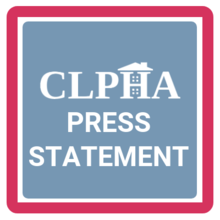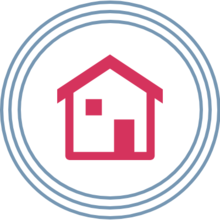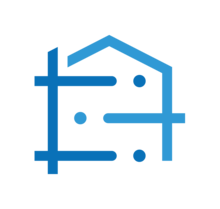From News 12 The Bronx:
The Jersey City Housing Authority is giving families free computers.
The organization announced they are providing 150 computers to give underprivileged families a chance to have computer access as well as access to education opportunities for children.
From Spectrum News:
Spectrum employees in Northeast Ohio volunteered to show their support for the Cuyahoga Metropolitan Housing Authority.
They gathered today in Cleveland for Spectrum's announcement that the company will contribute $50,000 to CMHA's Lakeview Terrace Community Center.
Volunteers helped set up the new Spectrum Technology and Training Workspace. They also took part in landscaping activities.
From LessonBee's press release:
The health education platform LessonBee will introduce its instructional program this summer to Yonkers’ affordable housing residents as part of the Westchester Innovation Network.
While public housing authorities have long known that digital access is critical to improve life outcomes for low-income individuals and families, recent increases in federal resources dedicated to broadband access are creating new awareness about its untapped potential.
From Starry, Inc.'s press release:
From the Boston Globe:
Boston wireless Internet service provider Starry struck a deal with the Cambridge Housing Authority to offer broadband connections to thousands of apartments in the city.
Under the deal announced on Thursday, Starry will provide $15-per-month Internet service to residents of more than 2,630 units. But the residents won’t have to pay even that price, as the cost of the service is eligible to be covered entirely by the federal government’s Affordable Connectivity Program.
In November 2020, the Council of Large Public Housing Authorities (CLPHA) was awarded a grant from the Center for Disaster Philanthropy to help our public housing authority (PHA) members better protect and serve vulnerable populations during the COVID-19 pandemic.


